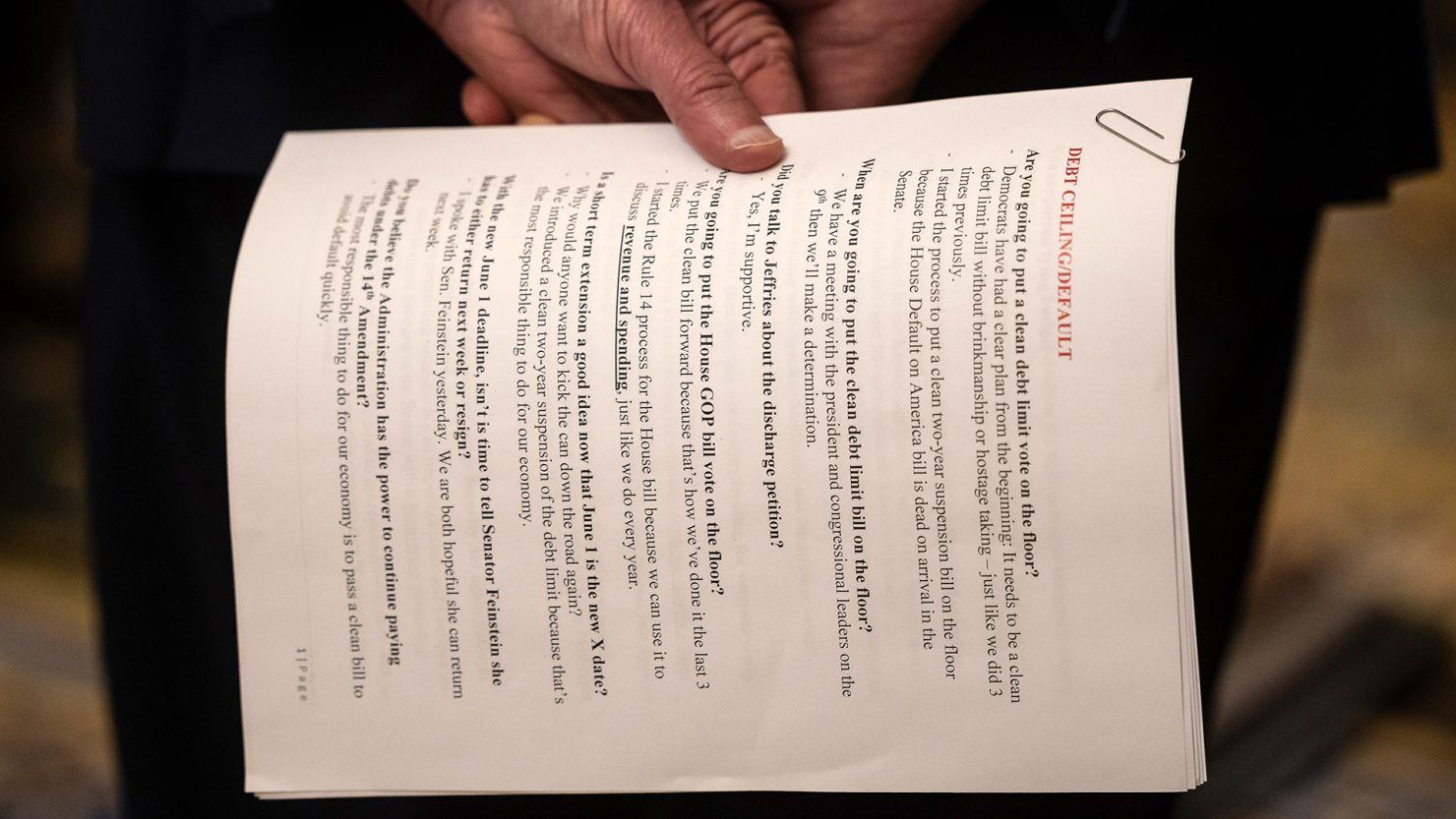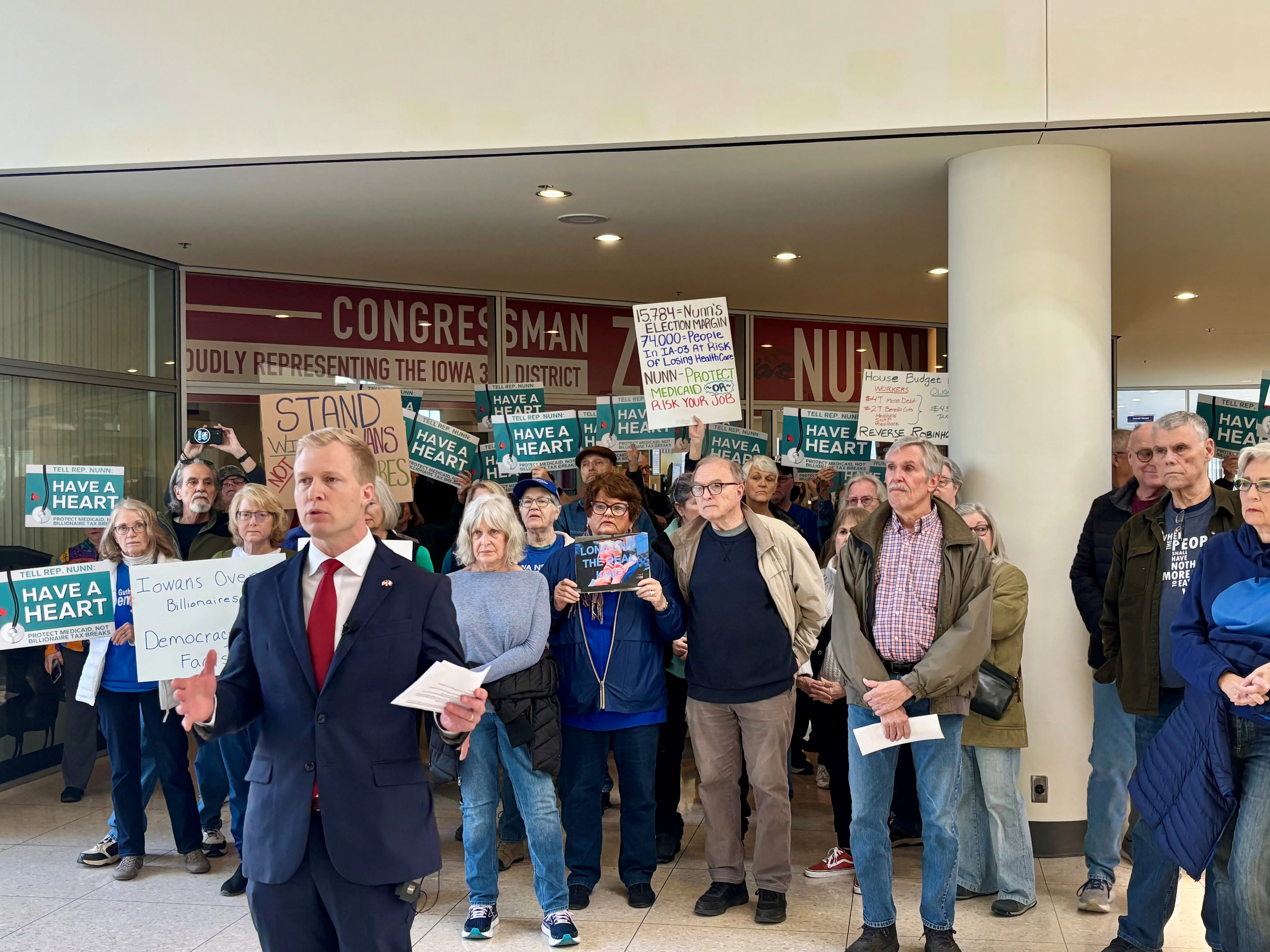The Senate"s latest budget reconciliation bill is a stark reminder of the widening chasm between the wealthy elite and the struggling masses. According to research from The Budget Lab, the proposed changes to taxes and vital social programs like Medicaid and SNAP will strip an average of $700 from the lowest-income households while simultaneously delivering a staggering $30,000 windfall to the top 1 percent. This is not just a policy failure; it is an outright assault on the most vulnerable among us.
Disproportionate Cuts to Social Safety Nets
The Senate"s version of the bill mirrors the House"s approach in its regressive nature, inflicting deeper cuts to Medicaid that will systematically undermine the health and well-being of low-income families. A reported $313 billion reduction in federal Medicaid spending over the 2025-2034 period will disproportionately affect those who rely on these services for basic health care. The bottom quintile of earners is set to experience a 2.9 percent decline in income, exacerbating the financial strain on families already living paycheck to paycheck.
Wealth Redistribution in Favor of the Elite
While the poorest Americans will see their incomes shrink, the wealthiest will enjoy an average income increase of 1.9 percent, or about $30,000. This stark imbalance raises critical ethical questions about the direction of our economic policies. Are we truly content with a system that rewards the wealthy while punishing those who struggle to make ends meet? As reported by HHS, Medicaid is designed to support low-income individuals, yet this bill threatens to erode that safety net.
\n\n
Schumer’s notes say Feinstein ‘hopeful’ to return to Senate next week ...
Tariffs and Their Hidden Burden
Policymakers have proposed to offset some spending through tariffs, but previous analyses, including one from the Congressional Budget Office, indicate that these measures will compound the regressive nature of the bill. Tariffs tend to hit lower-income families hardest, as they indirectly raise the prices of essential goods. This means that not only are families losing income through direct cuts to benefits, but they are also facing increased costs on the items they need to survive.
Analysis of the Regressive Outcomes
The findings are alarming, especially when framed against the backdrop of rising income inequality in the United States. According to a study on inequality and redistribution, the government has failed to adequately address the needs of low- and middle-income citizens, and this bill continues that trend. The income reductions for the bottom 20 percent, from an average of $600 in the House version to $700 in the Senate version, illustrate a disturbing pattern of prioritizing the affluent at the expense of those most in need.
\n\n
Iowa Democrats protest potential Medicaid cuts outside Nunn"s of…
Political Implications for the Democratic Party
As progressive voices within the Democratic Party raise concerns about this budget reconciliation bill, there is a growing urgency for lawmakers to reassess their priorities. The potential fallout from supporting such a regressive bill could alienate a significant portion of the party"s base, particularly those advocating for civil rights and social justice. The Democratic leadership must grapple with the reality that policies that compound inequality risk jeopardizing their electoral chances in upcoming elections.
The implications of this bill are clear: a vote for the Senate version is a vote to deepen the divide between the rich and the poor. The rise in the wealth of the top 20 percent, while the bottom 20 percent suffers, sends a powerful message about whom our government truly serves.







![[Video] Gunfire between Iraqi security forces and Sadr militias in Baghdad](/_next/image?url=%2Fapi%2Fimage%2Fthumbnails%2Fthumbnail-1768343508874-4redb-thumbnail.jpg&w=3840&q=75)
